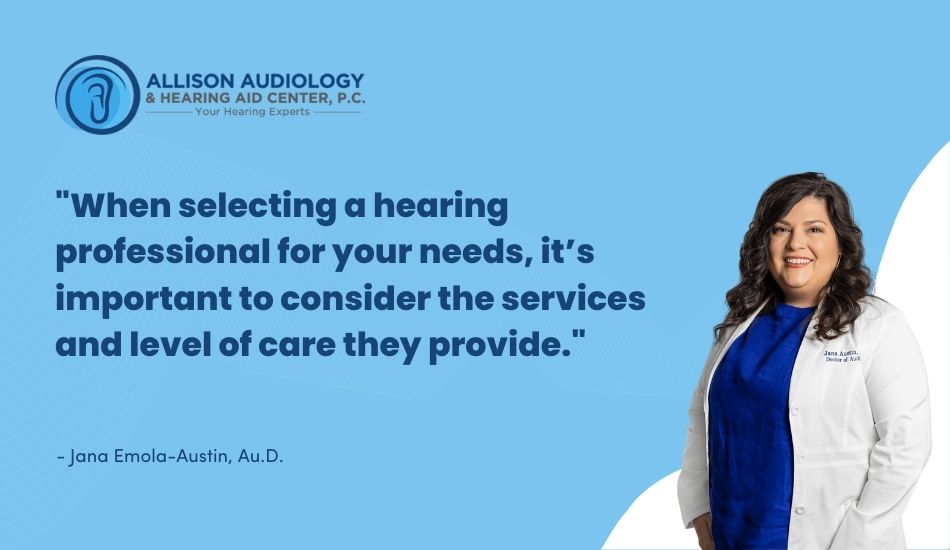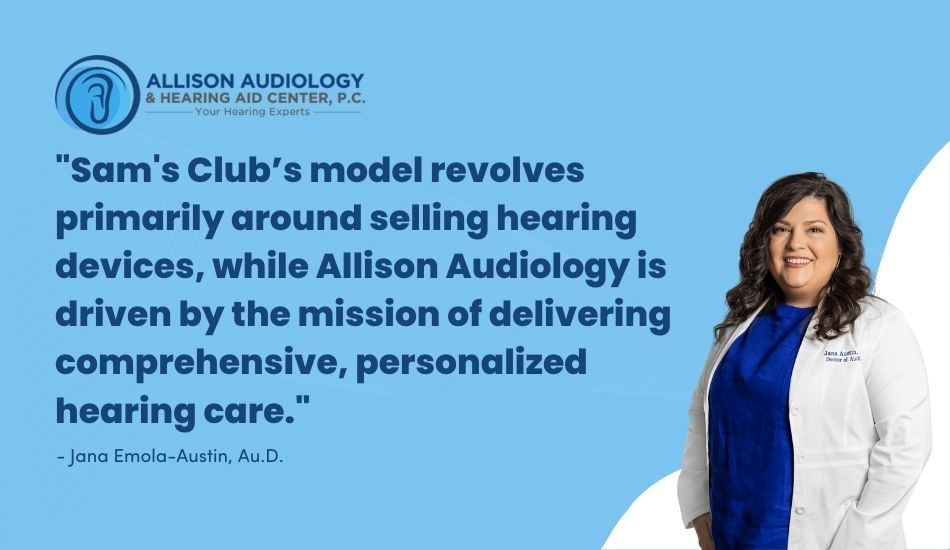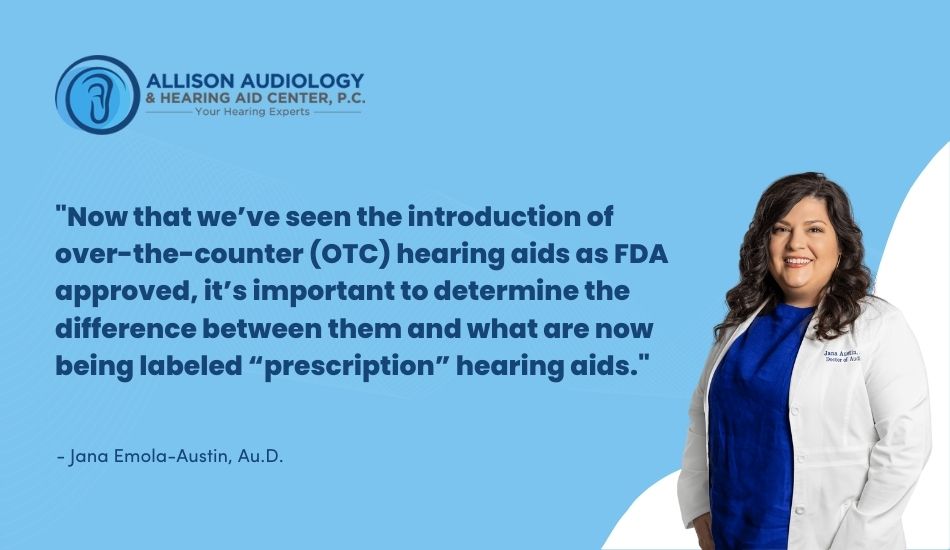When you’re in the process of having your hearing loss diagnosed, treated and managed, you may meet various different professionals along the way. Of course, knowing what type of hearing specialist you need to see can ensure you get the most appropriate medical assistance.
When selecting a hearing professional for your needs, it’s important to consider the services and level of care they provide. When you have hearing loss, you may see a hearing instrument specialist, a hearing aid dispenser or an audiologist.
To determine which is right for you, learn a little more about the background, education and services these different professionals provide.
What does a hearing aid dispenser do?
Hearing aid dispensers are not trained, qualified or licensed to diagnose, manage or treat hearing problems. However, they are licensed to perform audiometric testing, providing these tests are conducted for the purpose of selling or fitting hearing aids.
All hearing aid dispensers are required to take an exam in order to obtain their license, but the requirements vary from state to state. In some states, a hearing aid dispenser may only require a high school diploma, for example, whereas other states require a hearing aid dispenser to have completed at least two years of secondary education.
What does a hearing instrument specialist do?
A hearing instrument specialist has to complete training and a certification program to perform hearing testing and fit hearing aids. This program requires on-the-job training to learn how to conduct testing, properly fit hearing aids and carry out device repairs. This training allows them to be well-versed in how hearing technology works and which style and features are ideal for your specific hearing loss needs.
What does an audiologist do?
An audiologist is qualified to diagnose, treat and manage disorders and conditions affecting the balance and hearing systems in the body. This requires at least eight years of post-secondary education; so you can expect your audiologist to have in-depth knowledge and expert understanding of hearing loss and the auditory system as a whole.
In addition to undertaking extensive educational training, an audiologist is also required to pass a national examination in order to obtain the appropriate state license to practice. Furthermore, qualified audiologists are also required to undertake continuing education courses to retain their license.
Throughout their training, audiologists also focus extensively on the diagnostic, medical and rehabilitative aspects of hearing loss, the vestibular system and the use of hearing aids.
With at least eight years of further education and state licensure, an audiologist is arguably the most qualified person to address hearing loss and related issues.
How can you find the right provider?
Finding the right hearing healthcare provider is vital to ensuring you get the best treatment possible. You can find an audiologist, hearing instrument specialist or hearing aid dispenser by searching online, talking to friends and family members, or asking your primary care physician for a referral. When evaluating hearing care professionals, make sure to pay close attention to the details on their website to learn more about the staff and services offered. If you need tinnitus treatment or earwax removal, you want to select a professional, like an audiologist, that can address these particular issues. You also want to look for patient reviews. These provide insight into what you can expect from the professional you are meeting with, as well as the advantages of visiting this particular center.
When selecting your hearing health provider, make sure you consider convenience factors. You want to find a professional that is located close to your home or work to make it easy to get to an appointment. Additionally, find a provider who offers appointments that work with your schedule, whether that is early morning hours or weekend availability.
What professional should you see?
Audiologists are able to carry out a far wider range of tests and diagnose the type of hearing loss you’re dealing with, as well as any other issues which are affecting your hearing or balance. Additionally, the type of hearing loss you’re diagnosed with can determine which type of hearing aids are suitable for you; any hearing issues should be addressed by an audiologist. They are the most versatile hearing healthcare professional and can provide you with the treatments and services you need, whether you’re dealing with hearing loss, balance or tinnitus issues.
To learn more about what professional is right for you, contact the team at Allison Audiology & Hearing Aid Center, P.C., now by calling our Houston office: 713-827-1767.




